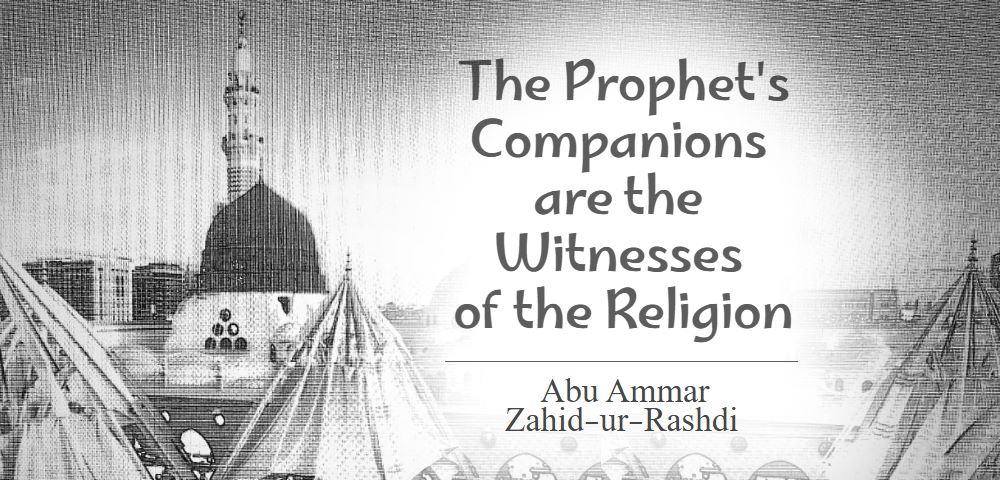The Prophet`s Companions are the Witnesses of the Religion
(الشریعہ — فروری ۲۰۲۵ء)
الشریعہ — فروری ۲۰۲۵ء
جلد ۳۶ ، شمارہ ۲
احکام القرآن، حجۃ اللہ البالغہ، اقلیتیں، شام، نگارشات
مولانا ابوعمار زاہد الراشدی
اردو تراجم قرآن پر ایک نظر (۱۲۱)
ڈاکٹر محی الدین غازی
کاتبانِ وحی
مولانا ڈاکٹر قاری خلیل الرحمٰن
قراءتِ حدیث اور اس کی اقسام
ڈاکٹر محمد اکرم ندوی
ڈاکٹر فضل الرحمٰن محمود
مدرسہ، منبر، فرقہ واریت، مذہبی سیاست اور برطانوی استعمار
ڈاکٹر محمد عمار خان ناصر
’’اسلام اور ارتقا: الغزالی اور جدید ارتقائی نظریات کا جائزہ‘‘ (۲)
ڈاکٹر شعیب احمد ملک
محمد یونس قاسمی
غزہ سیز فائر اور اس کے مابعد
ڈاکٹر محمد غطریف شہباز ندوی
غزہ میں فتح اور شکست
حدیل عواد
الجزیرہ
زبان کی برائی اور دل کی اچھائی
سید اعجاز بخاری
ترکیہ اور مشرقِ وسطیٰ: سابق ترک صدر عبد اللہ گل کی نظر میں
عبد اللہ گل
ابراہیم حمیدی
ترکی کے لوزان معاہدہ کا خاتمہ
محمد نور ایمان سیاح
ڈچ سیاستدان یورام فین کلیفرین کا قبولِ اسلام
ٹی آر ٹی ورلڈ
وائس آف امریکہ
امیر المؤمنین سیدنا حضرت علی کرم اللہ وجہہ
سید سلمان گیلانی
The Prophet`s Companions are the Witnesses of the Religion
مولانا ابوعمار زاہد الراشدی

